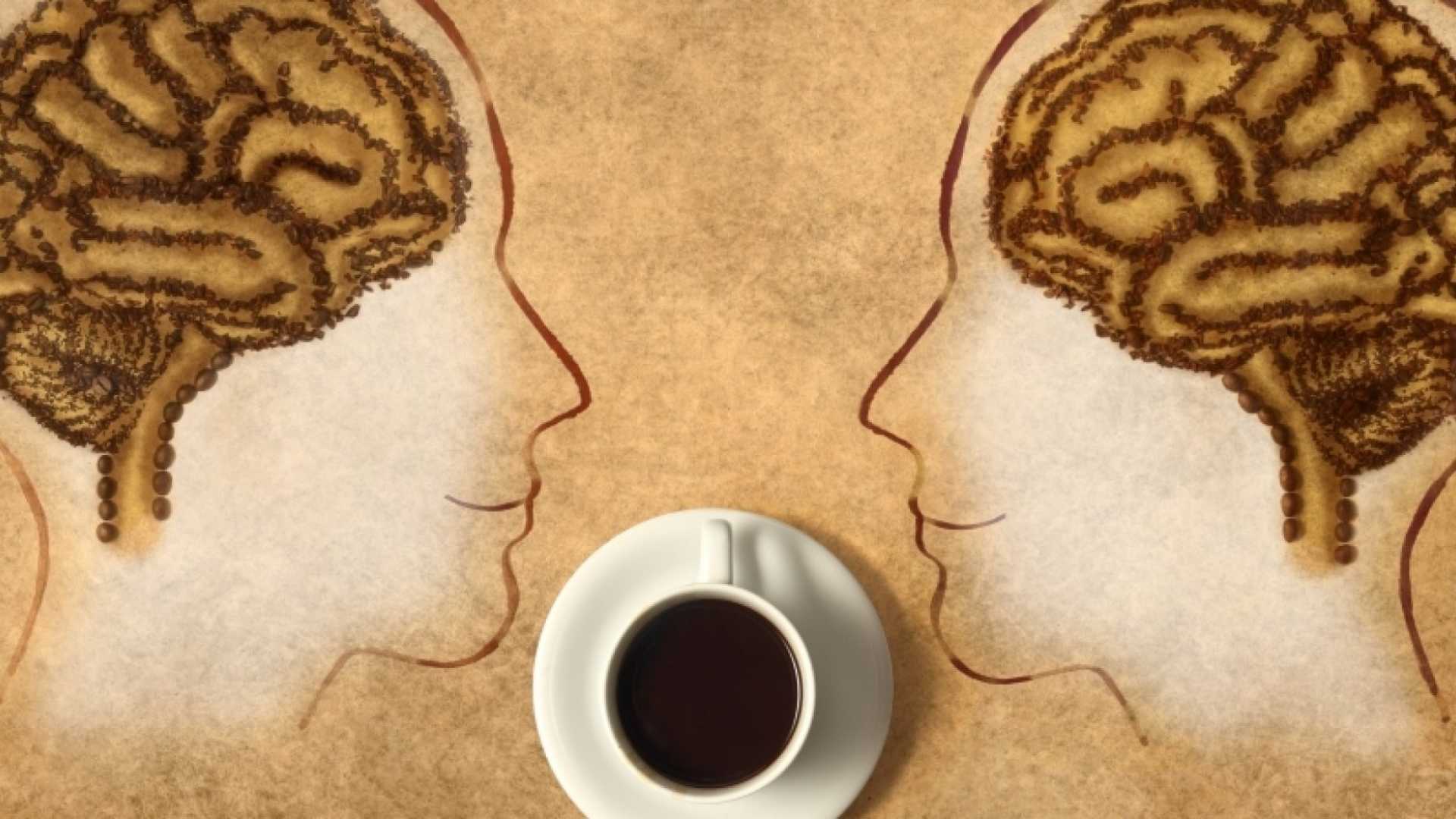
Coffee and Mental Health Concerns
In today’s fast-paced world, coffee has become a morning ritual for many, providing a much-needed energy boost to kickstart the day. While moderate coffee consumption can offer benefits, it’s crucial to understand the potential risks, especially concerning adrenal fatigue and its impact on mental health. As a naturopathic practitioner, I aim to shed light on this often-overlooked connection.
Coffee and Adrenal Fatigue
The adrenal glands, small but mighty, play a significant role in our overall well-being. They are responsible for producing hormones like cortisol, which help regulate stress responses, blood pressure, and metabolism. However, chronic exposure to stressors, including excessive caffeine intake, can lead to adrenal fatigue.
The Cycle of Adrenal Fatigue
- Stress and Coffee: Daily stressors, combined with frequent coffee consumption, can lead to constant activation of the “fight or flight” response.
- Adrenal Overstimulation: The adrenal glands work tirelessly to produce cortisol in response to stress, eventually leading to overstimulation.
- Adrenal Fatigue: Over time, the adrenal glands become fatigued, unable to maintain healthy cortisol levels. This can result in symptoms like fatigue, sleep disturbances, and mood swings.
Mental Health Implications
Adrenal fatigue can significantly impact mental health, contributing to the following concerns:
- Anxiety and Irritability: Dysregulated cortisol levels can lead to increased anxiety and irritability.
- Depression: Chronic stress and cortisol imbalances are linked to depressive symptoms, including low mood and lack of interest in daily activities.
- Sleep Disorders: Adrenal fatigue can disrupt sleep patterns, contributing to insomnia and poor sleep quality.
- Cognitive Function: Cortisol imbalances can impair cognitive function, leading to difficulties with concentration and memory.
Balancing Act: A Holistic Approach
- Limit Caffeine: Reducing coffee intake, especially in the morning, can help reduce stress on the adrenal glands.
- Stress Management: Incorporate stress-reduction techniques like meditation, yoga, and deep breathing exercises into your daily routine.
- Balanced Nutrition: Prioritize a well-balanced diet rich in whole foods and consider adaptogenic herbs like ashwagandha to support adrenal health.
- Adequate Sleep: Ensure you get enough restorative sleep to allow the adrenals to recover.
- Seek Professional Guidance: If you suspect adrenal fatigue or are experiencing mental health symptoms, consult with a naturopathic practitioner or healthcare professional for a comprehensive assessment and personalized guidance.
While coffee can provide a temporary energy boost, its excessive consumption can lead to adrenal fatigue, with far-reaching implications for mental health. As a naturopathic practitioner, I encourage individuals to adopt a holistic approach to well-being, balancing caffeine intake, managing stress, and supporting adrenal health through natural remedies. Prioritizing the harmony between body and mind is key to achieving lasting mental and physical vitality.